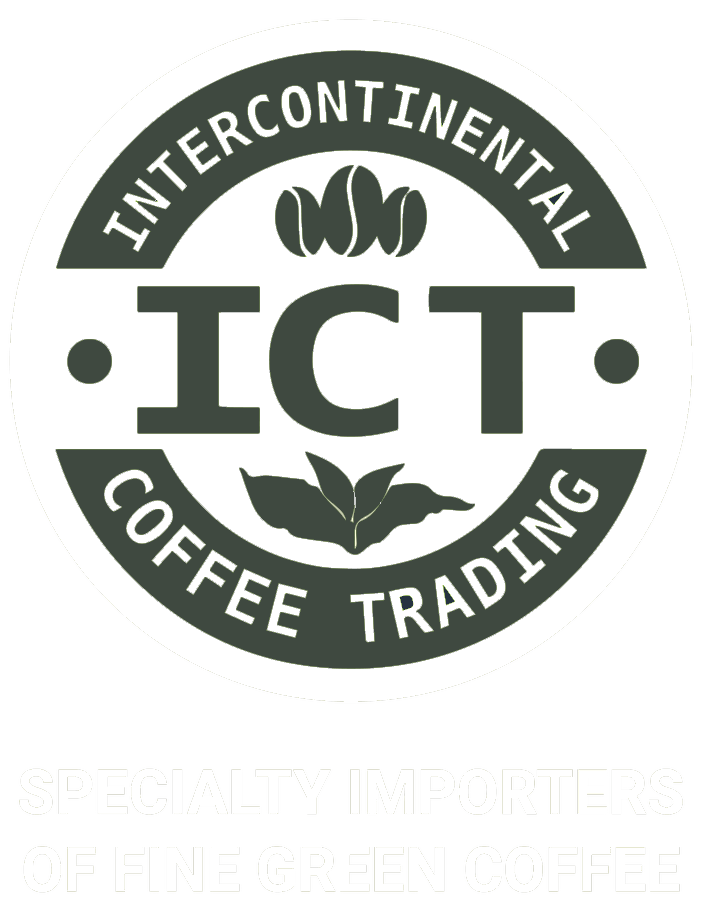
When sourcing green coffee beans for your roastery, choosing the right supplier can make the difference between exceptional cups and mediocre coffee. The global coffee trade involves complex supply chains, varying quality standards, and numerous variables that impact the final product. Before committing to a green coffee purchase, asking the right questions ensures you receive beans that meet your quality expectations, arrive on time, and align with your business values.
Understanding Origin and Processing Methods
The foundation of great coffee begins at origin, making it crucial to understand where and how your beans are processed. Ask your supplier about the specific farm or cooperative where the coffee originates. Request detailed information about the altitude, soil conditions, and microclimate of the growing region, as these factors significantly influence flavor development. Understanding the processing method—whether washed, natural, honey, or experimental—helps predict the coffee’s flavor profile and potential cupping scores.
Inquire about the harvest timing and post-harvest handling procedures. Coffee that sits too long after harvest or experiences poor storage conditions can develop defects that negatively impact quality. A reliable supplier should provide transparency about processing timelines and storage facilities at origin.
Quality Standards and Grading Systems
Quality assessment represents one of the most critical aspects of green coffee procurement. Ask suppliers about their grading systems and quality control processes. Different countries use varying classification methods—some grade by screen size, others by defect count, and some use cupping scores. Understanding these systems helps you interpret quality certificates and compare offerings from different origins.
Request information about moisture content, water activity levels, and defect counts. Properly processed and stored green coffee should have moisture content between 10-12% and minimal defects. Ask about cupping protocols and whether the supplier provides detailed sensory evaluations. Professional suppliers often provide cupping notes, flavor profiles, and roasting recommendations that help you make informed purchasing decisions.
Pricing Structure and Payment Terms
Transparent pricing discussions protect both parties and establish clear expectations. Ask suppliers to break down their pricing structure, including farm gate prices, processing costs, transportation, and markup percentages. Understanding these components helps you evaluate whether pricing reflects fair trade practices and market conditions.
Discuss payment terms, including deposits, payment schedules, and accepted methods. Many suppliers require deposits for contract coffees or specialty lots, while others offer net payment terms for established customers. Clarify currency preferences and whether prices include shipping costs or require additional freight charges.
Logistics and Shipping Considerations
Efficient logistics ensure your coffee arrives fresh and on schedule, making shipping discussions essential for successful partnerships.
- Shipping schedules and lead times: Understand typical delivery timeframes from order confirmation to arrival at your facility, including potential delays during peak seasons or weather-related disruptions.
- Packaging options and bag sizes: Confirm available packaging formats, from traditional jute bags to specialized barrier bags that better preserve freshness during transport.
- Storage and warehouse capabilities: Verify that suppliers maintain proper storage conditions, including temperature and humidity controls that prevent quality deterioration.
- Documentation and customs handling: Ensure suppliers provide necessary certificates, including phytosanitary documents, certificates of origin, and quality attestations required for customs clearance.
- Insurance and risk management: Clarify responsibility for insurance coverage during transit and procedures for handling damaged or lost shipments.
Certifications and Sustainability Practices
Modern coffee consumers increasingly value ethical sourcing and environmental responsibility. Ask suppliers about available certifications such as Fair Trade, Organic, Rainforest Alliance, or UTZ. Each certification carries different requirements and premiums, so understanding the standards helps you align purchases with your customers’ values.
Inquire about direct trade relationships and traceability programs. Suppliers who maintain direct relationships with farmers often provide better traceability and support sustainable farming practices. Ask about farmer payment practices, community development programs, and environmental initiatives that demonstrate commitment to long-term sustainability.
Sample Evaluation and Testing Protocols
Thorough sample evaluation prevents costly mistakes and ensures consistency between samples and final deliveries.
- Sample availability and sizing: Confirm that suppliers provide adequate sample sizes for multiple roast profiles and cupping sessions, typically 8-12 ounces minimum.
- Sample representativeness: Verify that samples accurately represent the full lot, including similar processing dates and storage conditions as the final shipment.
- Approval timelines: Establish clear deadlines for sample evaluation and approval, ensuring sufficient time for thorough testing without delaying harvest schedules.
- Quality guarantees: Understand supplier policies for addressing quality discrepancies between approved samples and delivered lots, including replacement or refund procedures.
- Roasting recommendations: Request suggested roast profiles and development guidelines that help optimize flavor expression during your evaluation process.
Building Long-term Supplier Relationships
Successful coffee sourcing often depends on developing strong, mutually beneficial relationships with reliable suppliers. Discuss communication preferences and frequency, ensuring regular updates about crop conditions, harvest progress, and quality expectations. Ask about exclusive access to specialty lots or first-right-of-refusal arrangements for particularly exceptional coffees.
Inquire about supplier support services, including technical assistance, market intelligence, and educational resources. The best suppliers offer ongoing support that helps roasteries improve their craft and business operations. Understanding supplier capacity for growth helps ensure they can scale with your business needs over time.
At Intercontinental Coffee Trading, we understand that selecting the right green coffee supplier requires careful evaluation and expert guidance. Our experienced team works directly with farms and cooperatives worldwide to source exceptional beans while maintaining transparent communication throughout the supply chain. Contact us today to discover how our commitment to quality and sustainability can elevate your coffee program.
The questions you ask potential suppliers reveal their professionalism, expertise, and commitment to quality. By thoroughly evaluating these key areas, you’ll build a supplier network that consistently delivers exceptional green coffee beans, supports your roastery’s growth, and aligns with your business values. Remember that the cheapest option rarely provides the best value—focus on suppliers who demonstrate reliability, transparency, and shared commitment to coffee excellence.
